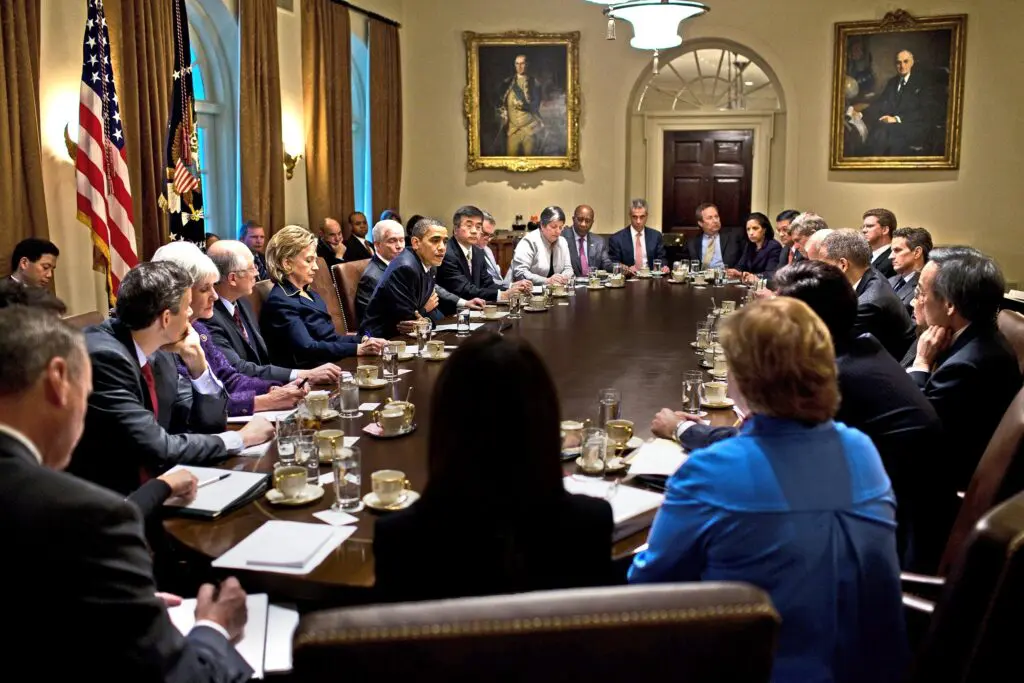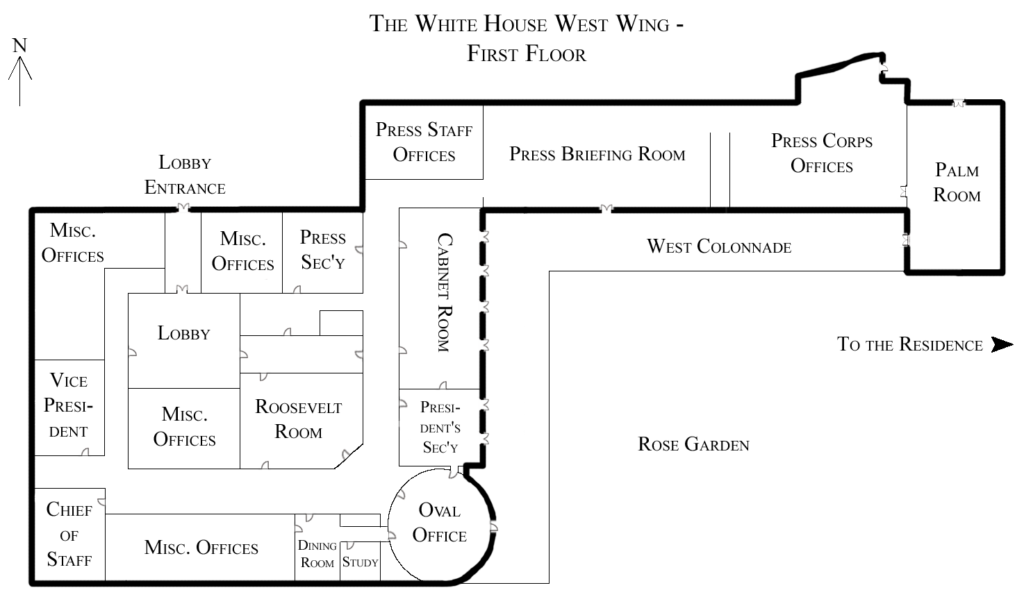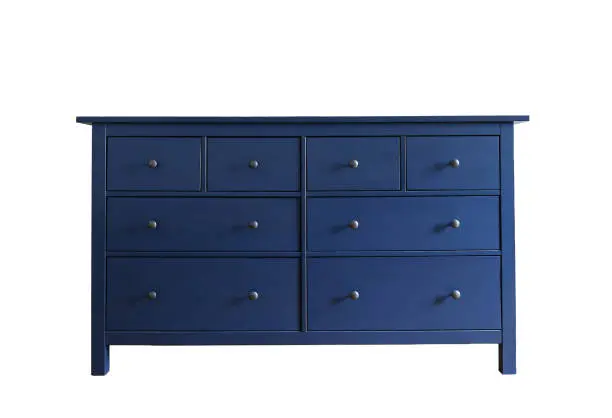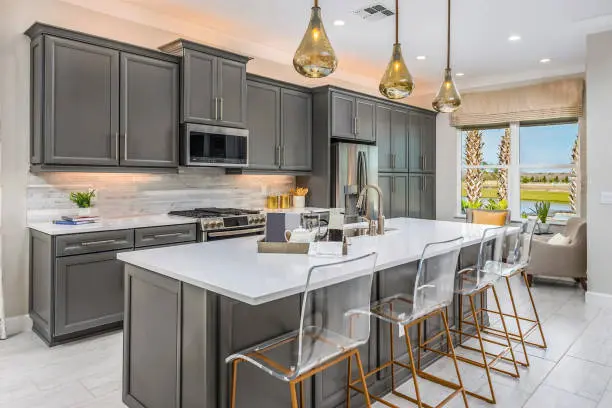In the phrase “the president’s cabinet,” the term “cabinet” refers to a group of high-ranking government officials who the president appoints to head various executive departments and advise the president on matters related to their areas of expertise. The cabinet typically includes the heads of major departments such as the Department of State, the Department of Defense, and the Department of the Treasury, among others. These officials are responsible for implementing government policies and assisting the president in decision-making.
The term “cabinet” in the context of a group of advisors to a leader or head of state was first used in the 17th century. It originated in England during the reign of King Charles I (1625-1649). The word “cabinet” was derived from the Italian word “cabinetto,” meaning a small private room used for private meetings. Over time, this term came to refer specifically to the meetings of a monarch’s or leader’s closest advisors. Eventually, it became institutionalized as a formal group of senior officials or ministers who assist in the governance of a country. Other countries, including the United States, adopted and adapted the concept.

Here is a map of the White House West Wing showing the location of the Cabinet Room.

Presidential Cabinet picks must be confirmed by the United States Senate. A majority of 60* Senators is required to confirm each candidate.
*Traditionally, this required support from at least 60 of the 100 senators; in 2013, however, Democrats circumvented the rules with the nuclear option to require only a simple majority of those voting—51 in most cases. The only exception: a nomination to the Supreme Court.
The same simple majority is needed to confirm a nomination. In the case of a tie, the vice president casts the deciding vote.
The word “cabinet” has several meanings beyond its use to describe a group of advisors to a leader. Here are some other common meanings:
Furniture: A piece of furniture with shelves, drawers, or compartments for storing or displaying items. For example, a kitchen cabinet or a display cabinet.

Storage: A boxlike enclosure for storing or protecting something, such as a medicine cabinet or a filing cabinet.

Medicine Cabinet

Kitchen Cabinets

- Government: In parliamentary systems, “cabinet” can refer to the executive body of government officials or ministers who are collectively responsible for administering government policy and decision-making.
- Cabinet Meeting: A session where members of the cabinet (the group of advisors) gather to discuss and make decisions on government policy.
- Small Room or Private Chamber: Historically, this term has been used to refer to a small private room, particularly one used for confidential meetings or as a study.
- Dialectal (New England): In some parts of New England, particularly Rhode Island, “cabinet” can refer to a milkshake made with ice cream, milk, and flavored syrup. See Below.
Each of these meanings shares the common theme of being an enclosed space or group with a specific function, whether it be for storage, governance, or private use.

In New England, particularly in Rhode Island, the term “cabinet” refers to a type of milkshake. This regional usage is distinct and specific to that area. Here are some key points about this unique meaning:
- Ingredients: A cabinet is made with ice cream, milk, and flavored syrup, much like a traditional milkshake.
- Origin of the Name: The term “cabinet” for this beverage is unclear. One theory is that it was named after the cabinets (or cupboards) where the appliances for making the drink were stored. Another possibility is that it was a term coined by soda jerks in the early 20th century.
- Regional Specificity: This term is primarily used in Rhode Island and parts of southeastern Massachusetts. In other parts of New England and the United States, the same beverage is simply called a milkshake.
- Flavors: Like milkshakes, cabinets come in various flavors, with common ones including chocolate, vanilla, and coffee.
- Cultural Significance: The cabinet is a beloved regional specialty and part of Rhode Island’s local food culture. It is often found in diners, ice cream parlors, and soda fountains.
This usage of “cabinet” highlights the rich diversity of American English and how regional dialects can develop unique meanings for common words.

Welcome to 3-Minutes A Day University, where you can learn a little about a lot of things every day in three minutes or less. We help you expand your knowledge and understanding of the real world, and 3-MAD University is tuition-free. Our wide-ranging syllabus includes a fascinating insight into topics including Health and Medicine, Science, Sports, Geography, History, Culinary Arts, Finance and the Economy, Music and Entertainment, and dozens more. You will impress yourself, your friends, and your family with how easy it is to learn facts and perspectives about the world around you. One topic you will never find covered is politics. We hope you enjoyed the previous three minutes. If you liked this post, please pass it along to a friend.
Was this email forwarded to you? Subscribe Here.
© Copyright 2024. 3-Minutes A Day University All Rights Reserved. Unsubscribe

